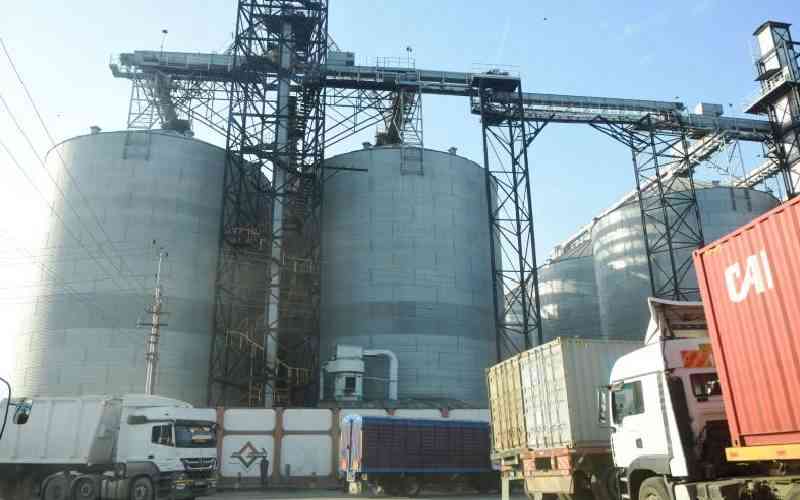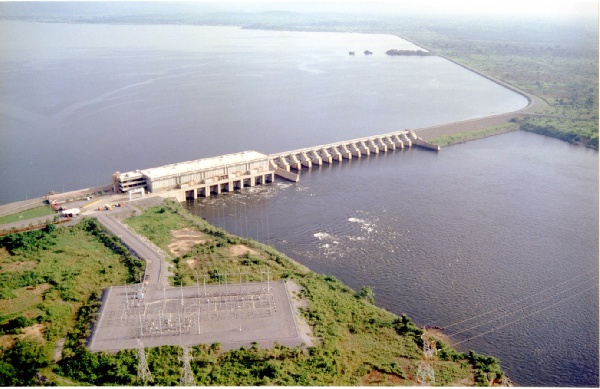Blow to Joho family as apex court cancels its KPA tender

The Supreme Court has cancelled a decision by the Kenya Ports Authority (KPA) awarding Portside Freight Terminals Limited a tender to develop a second bulk grain handling facility at the port.
Portside had been selected to construct a grain facility and an island berth at the G-Section area to handle all grains and other dry bulk cargo, operating as a common user facility with “priority berthing” rights for a period of 33 years, renewable.
KPA had resolved to establish the second bulk grain handling stream to supplement the first facility, initially operated by Grain Bulk Handlers (GBH), now renamed Bulkstream, located at the Port of Mombasa. According to its master plan, KPA had envisioned the construction and operationalisation of a second grain facility at either Dongo Kundu or Lamu Port.
On Monday, the apex court ruled that KPA had failed to meet the minimum procurement threshold required by Articles 10(2)(c), 201(a), and 227(1) of the Constitution when it awarded the licence and wayleave to Portside, a company owned by the Joho family.
Justices Philomena Mwilu, Mohammed Ibrahim, Smokin Wanjala, Isaac Lenaola, and Willis Ouko found that the award of the tender through the Specially Permitted Procurement Procedure (SPPP) was inconsistent with the Constitution.
Justice Mwilu set aside a previous decision by the Court of Appeal, which had ruled that the procurement process did not violate the Constitution. “The judgment of the Court of Appeal is hereby set aside in respect of its finding that the trial court erred in holding that the invocation of the SPPP under Section 114A of the PPAD Act violated the Constitution,” she said.
Nonetheless, the Supreme Court acknowledged the economic and strategic importance of the second bulk grain facility, noting that the project is in the public interest and requires urgent implementation.
The apex court reiterated that the Constitution sets out important principles to ensure that all public procurements—regardless of the method—are conducted in a manner that is fair, equitable, transparent, competitive, and cost-effective.
The case was filed by Kakamega Senator Okiya Omtatah, who challenged the KPA’s award of the tender to Portside Freight Terminals Limited, terming the process illegal, unreasonable, and unconstitutional.
The senator argued that the use of the SPPP was discriminatory, as other bidders were not subjected to a competitive process. Instead, Portside Freight Terminals Limited received preferential treatment.
In response, KPA defended the use of the SPPP, stating it was necessitated by the project’s location adjacent to the port and the strategic need to enhance operational efficiency.













